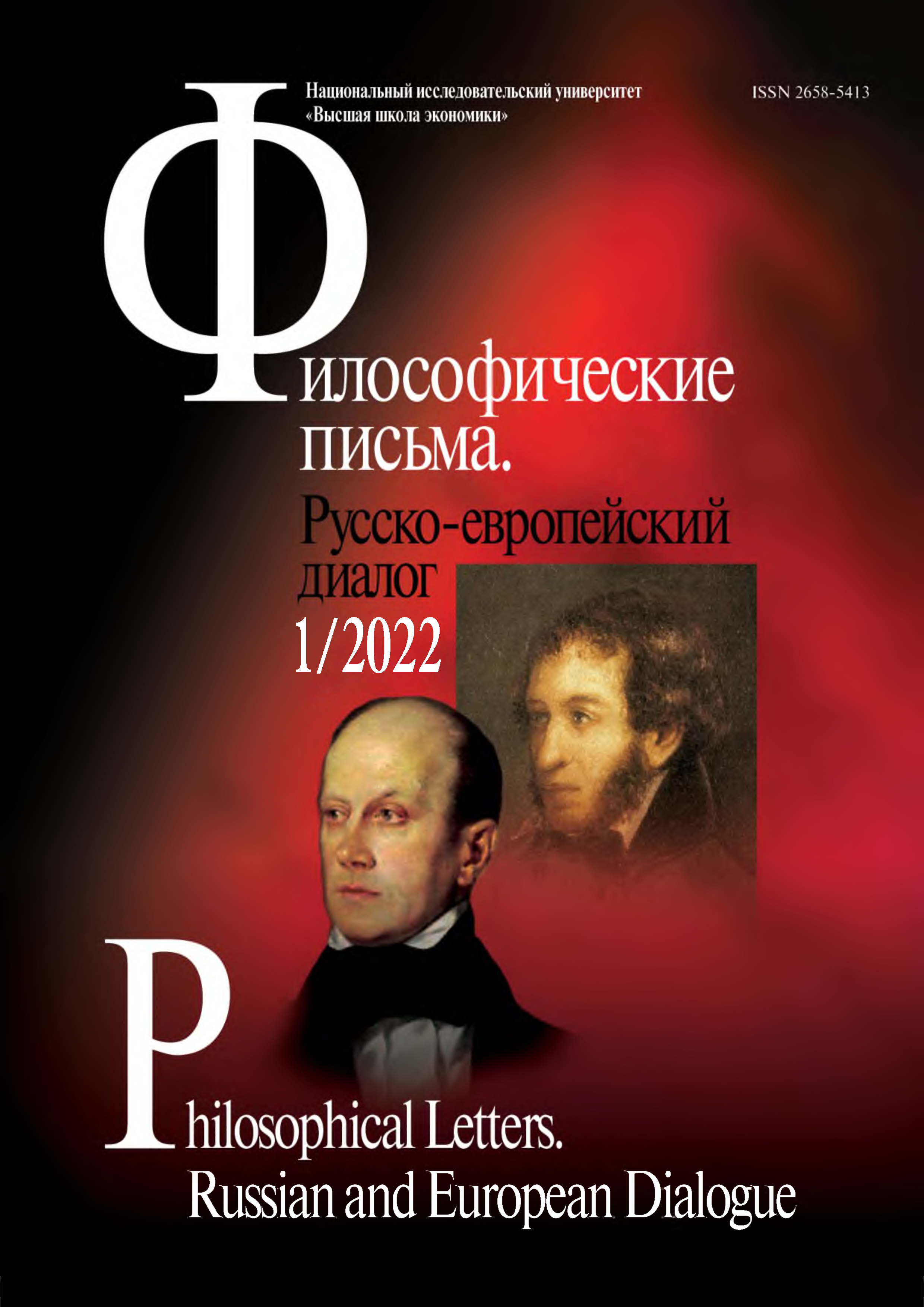«Нежный цветок» цивилизации
Аннотация
Социальные формы не покоятся на законах природы. Исходя из этого, автор предлагает выделить во множестве значений понятия «цивилизация» то, которое рассматривается как процесс, привносящий в эволюцию специфически человеческие, надприродные качества, в первую очередь нравственность и основанный на ней правовой порядок в обществе. В этом значении процесс цивилизации имеет вероятностный характер. Он разворачивается в контексте парадоксальной прерывистости (дискретности) истории, поскольку человек — это двойственное природно-духовное существо, способное подниматься над миром и преодолевать его имманентное зло, но могущее и не делать этого. «Вспышки» самосозидания человечества и складывания цивилизации, когда зло мира ограничивается или преодолевается, перемежаются периодами лишь подобия истории, когда цивилизация деградирует и замещается элементарными формами социальности. Именно поэтому исторический процесс не гарантирует всеохватывающего прогресса. В результат такой «вспышки» возникла западная цивилизация, принесшая в мир принцип политической и гражданской свободы. Однако в современном мире с его «массовым обществом» и «массовым человеком», с господством масскультуры и манипуляции индивидом наблюдаются признаки ее деградации. Обесцениванию принципа свободы способствует взаимодействие с прочими мировыми локально-социокультурными общностями, где этому принципу никогда не удавалось преобладать.

